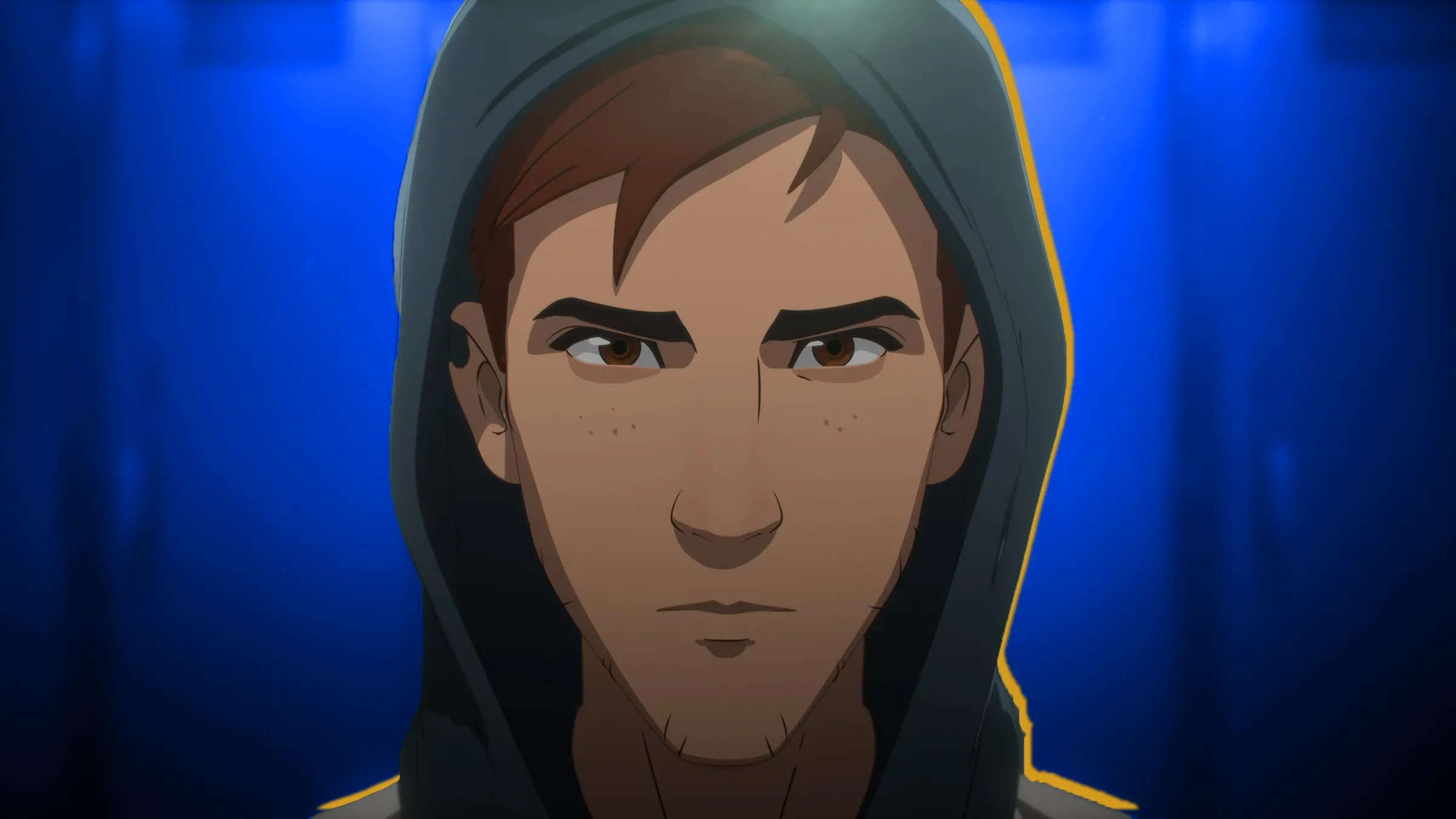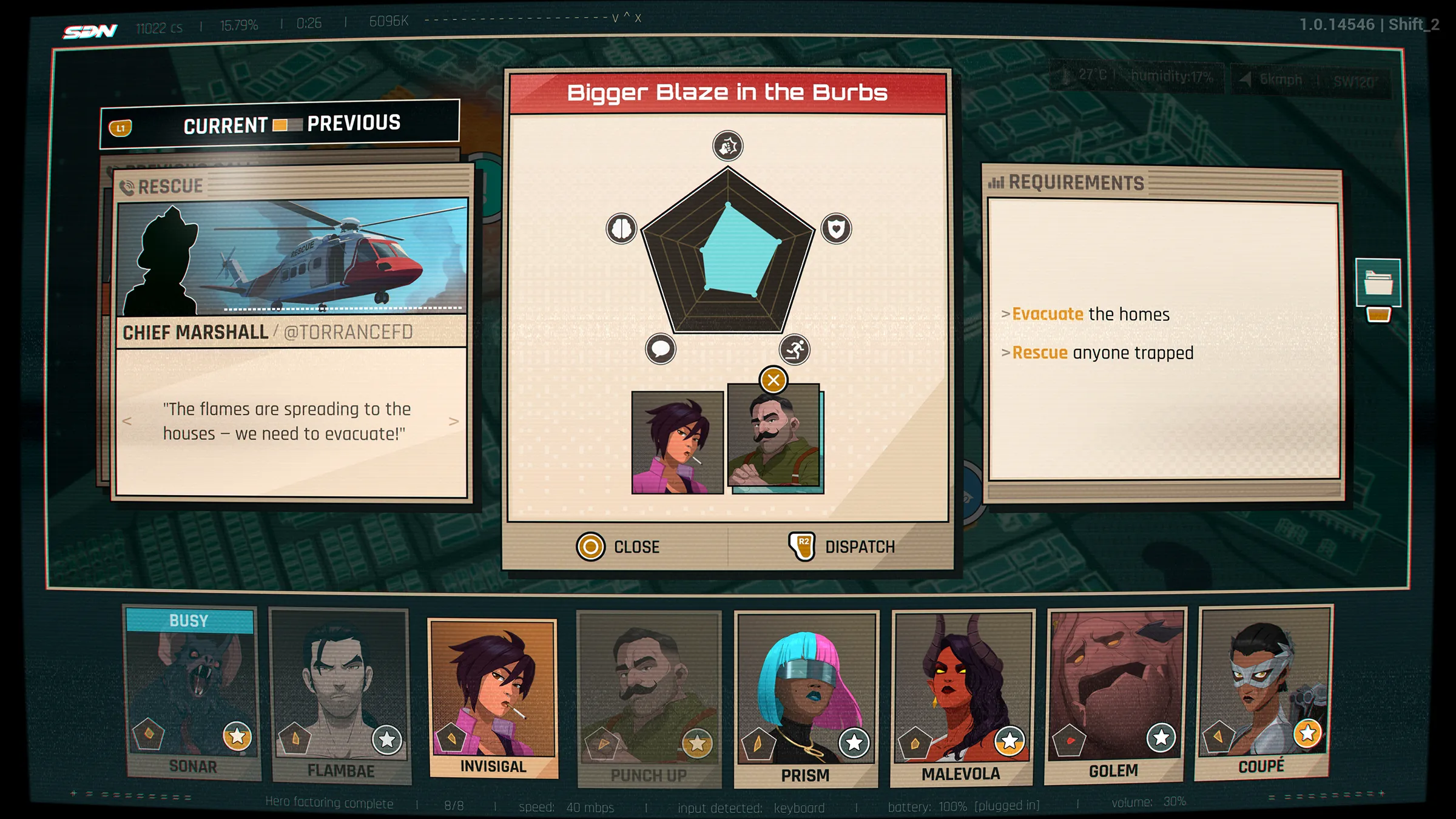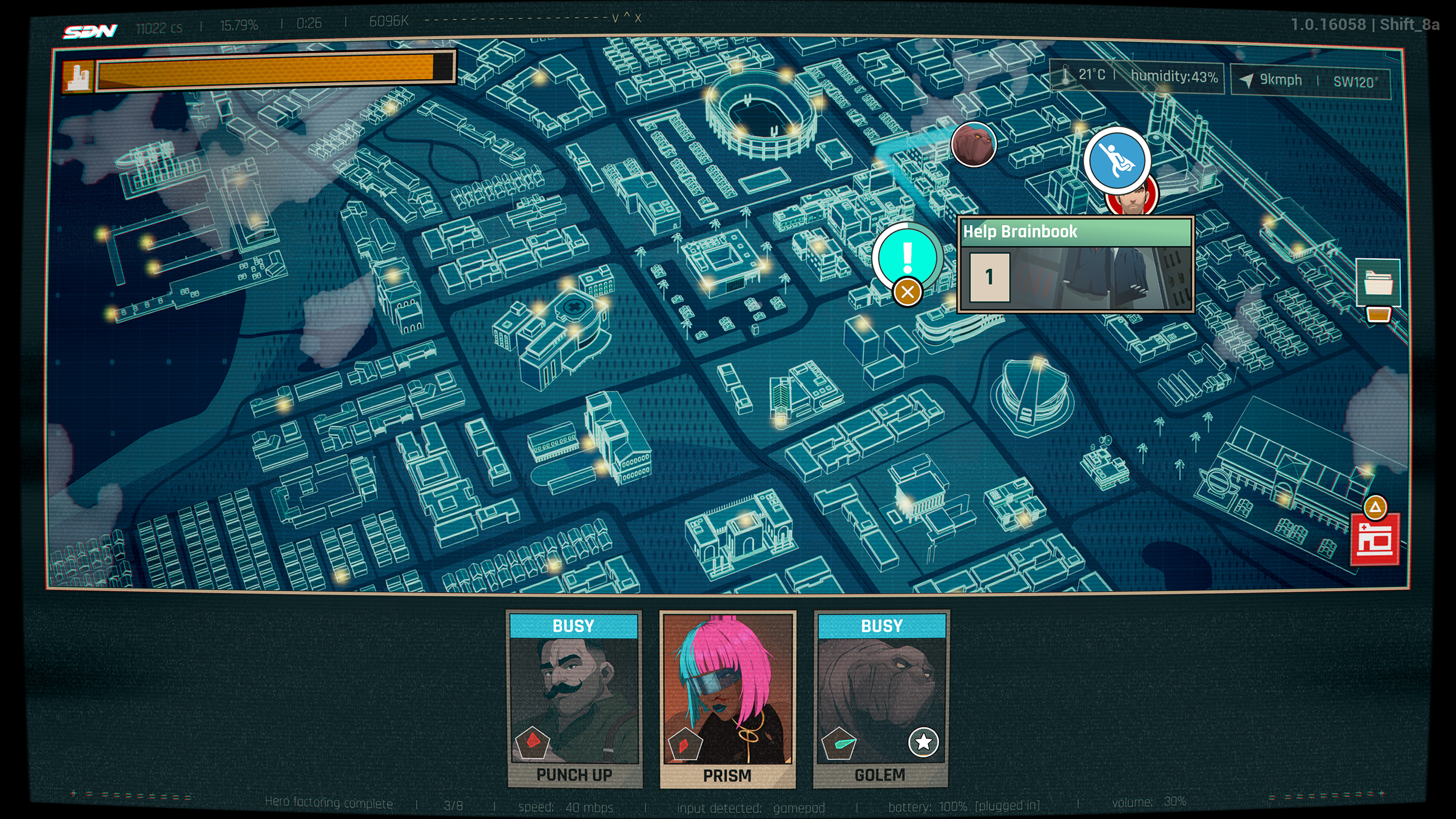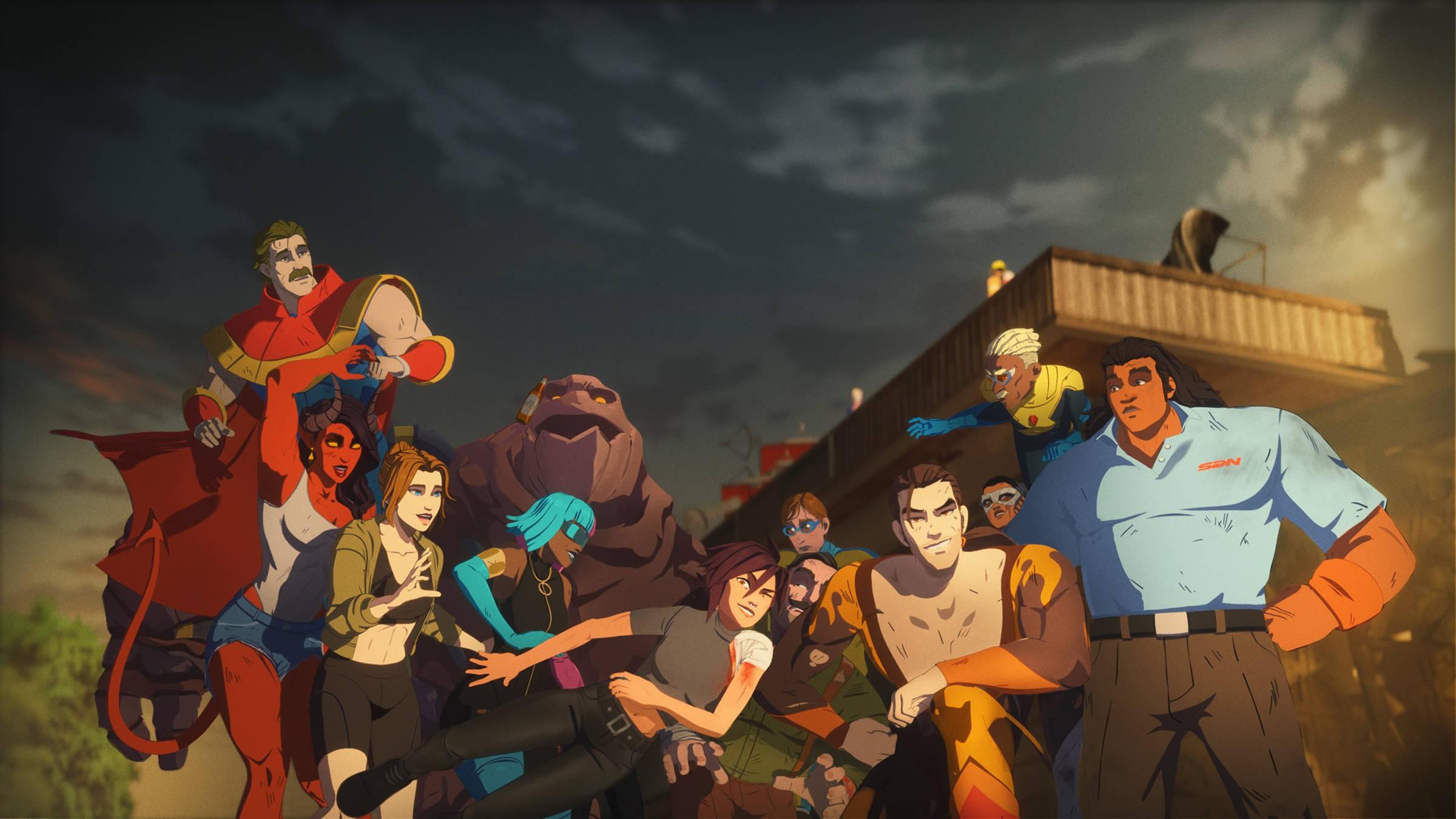
The first season of Dispatch was a huge success. Its humor, energetic animation, vibrant visuals, and strong characters quickly made it one of the best story-driven adventure games available. While not perfect, a potential second season could build on this foundation. Though unconfirmed, given the positive response and unresolved plot points, it would likely be a smart move for AdHoc Studio to continue the series.
If Dispatch Season 2 happens, here are three improvements that would make it even better.
3) Deeper Dispatch Mechanics

Telltale Games was often limited in its creativity because the companies owning its licenses and its own leadership preferred safe choices, resulting in games that didn’t offer much in the way of engaging gameplay. Dispatch tries to fix this with a central gameplay feature: players manage missions by sending heroes to different locations on a digital city map. While this is a definite improvement over the sometimes-boring puzzles found in other adventure games, it could still be more complex and involved.
The next season needs to significantly improve the dispatch systems if they come back, making them more than just functional. Key improvements should include a better skill tree with the option to reset your skills, clearer power definitions, more diverse combinations of abilities, and greater opportunities for recovery and healing. These changes would make those features more enjoyable, fix the biggest problems from the first season, and ultimately allow the game to compete with other strong strategy titles, realizing its full potential as a great strategic experience.
2) Dispatch Mechanics That Influence the Story

Taking direct control of the Z-Team, while exciting, can be surprisingly stressful, often leaving them barely able to complete their mission. However, players quickly realize that these moments don’t really change the overall story or how characters develop. This is especially noticeable during the final dispatch sequence, where success or failure only affects a small, unimportant scene at the very end. Something as significant as the fate of the city should have a bigger impact on the narrative.
Season 2 of Dispatch could be improved by more closely connecting the dispatching aspects to the story and characters. If players fail to stop robberies or don’t perform well on raids, the narrative should acknowledge it, even if just with a brief mention in the cutscenes or dialogue.
I’d really love it if my choices during those dispatch missions actually mattered in the story. It’d be awesome if how I handled things changed how characters acted towards each other, or even brought enemies I faced in missions into the main cutscenes. Honestly, the gameplay and story feel a bit disconnected right now, and making those dispatches have real consequences would make them way more engaging – I’d actually care about who I sent where! I heard AdHoc is planning to let dispatch choices affect the ending, which is cool, but I think we need more of that – bigger, more noticeable changes based on how we play.
1) Two Satisfying Arcs for Both Endings

The two endings of Dispatch are vastly different. In one, the character Invisigal is shown as having changed for the better after her experience with the Phoenix Program. The other ending sees her reverting to her former, darker self. This ‘bad’ ending is particularly striking and would create a significant challenge for a potential second season, requiring it to address this major character shift. Typically, Telltale Games didn’t create such drastic divergences, allowing sequels – though the studio rarely made them – to continue from either path without needing to account for many differences beyond a few minor choices.
Unlike some shows, Dispatch doesn’t need to reset its story and should embrace the choices players made. The second season should fully explore both outcomes – the ‘good’ and ‘bad’ endings – instead of forcing them onto a single path. It would be a letdown if players who got the ‘good’ ending were quickly steered towards a storyline that turns the hero evil. Data shows that nearly 30% of players on both PlayStation 5 and PC achieved the ‘good’ ending, while around 26-31% got the ‘bad’ ending. Ignoring one of these outcomes would likely disappoint a significant portion of the audience, as the results are fairly evenly split.
Following through on these creative decisions will require significant effort, and fully developing both storylines – with their themes of recovery and falling back into old habits – will be challenging. While AdHoc has demonstrated strong writing skills, this project will truly push their abilities to the limit. However, given the team’s past successes in areas where Telltale struggled, it’s reasonable to hope for a particularly bold and ambitious outcome.
What do you think? Leave a comment below and join the conversation now in the ComicBook Forum!
Read More
- Sony Removes Resident Evil Copy Ebola Village Trailer from YouTube
- Ashes of Creation Rogue Guide for Beginners
- Best Controller Settings for ARC Raiders
- Can You Visit Casino Sites While Using a VPN?
- Marvel Wants You to Believe Wolverine Is the Greatest Anti-Hero (But Actually He’s the Worst)
- Michael B. Jordan Almost Changed His Name Due to NBA’s Michael Jordan
- The Night Manager season 2 episode 3 first-look clip sees steamy tension between Jonathan Pine and a new love interest
- Lies of P 2 Team is “Fully Focused” on Development, But NEOWIZ Isn’t Sharing Specifics
- Crunchyroll Confirms Packed Dub Lineup for January 2026
- New Look at Sam Raimi’s Return to Horror After 17 Years Drops Ahead of Release: Watch The Trailer
2025-11-22 20:15